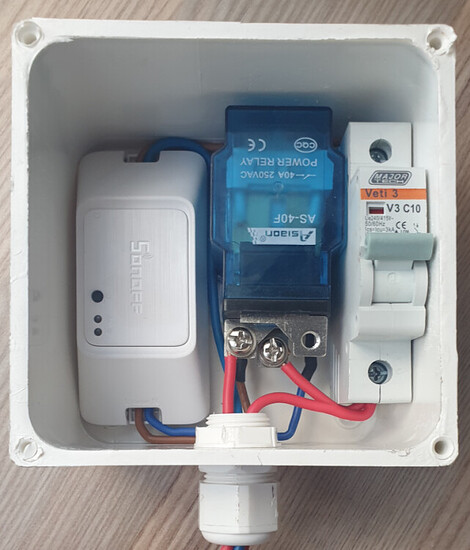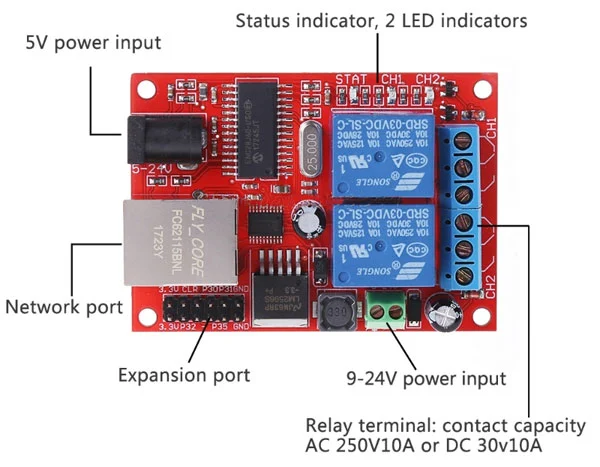Hi All
First, I’ve never done anything “smart” in my house apart from the 1Gb network wired throughout. So forgive me if I’m asking something stupid, but trying to google this gives me a ton of results for network switches, cloud connected stuff, or stuff that can’t handle the load of a hot water geyser.
The problem:
We have constant power outages and these outages shift and change depending on how constraint the grid is and the day of the month. A local company created a mobile app that we all use to keep track of changes, but they also have an API available with 50 free requests a day.
Basically I want to give the geyser a fixed timer and then I want to query the API to check when my power will be off and then adjust when the geyser needs to turn on accordingly.
Example:
Normally the geyser will turn on at 4am and then off again at 6am. (Currently we do this manually)
But if we have a power outage from 4-6am (or sometimes 2-6am), we need the geyser to turn on earlier so we have some hot water when we all get up in the morning.
Currently if there is going to be an outage in the early morning hours, we leave the geyser on all night and this is the main thing I want to change.
The idea/Requirements :
-I want to have the logic live on my Proxmox server. I can code this myself and that means the switch does not need to be that “smart” or connect to the cloud. I’d like to keep this local.
-It will be nice if I can query power draw and usage from the switch. This will allow me to do some data logging, but if the power draw is below 500w after it was turned on I know the geyser is hot and I can then turn it off early.
-Would also be preferable for the “smart switch” to have ethernet. Wifi will work, but for the reliability I’d like ethernet. Getting ethernet to my power board is not any issue either and this I can also do myself.
-Our geyser pulls about 4000w while heating the water. Not sure if it has a spike when turning on, but I would prefer something that can handle at least 5000w to be sure.
-If possible, I’d like it if the switch has some kind of manual override. Meaning, we still have a physical switch that can turn on the geyser regardless of what the logic on my server says. Yes, I can make some web gui (Which I’ll do anyway) so we can override it with our phones or anything with a browser, but I live with a few people who struggle with technology and it will just be much better for my own sanity if there is a physical switch. It will also be useful if I need to take the server offline for maintenance or upgrades, but mainly it’s for my sanity…
-I will get an electrician to install the switch to make sure that it’s all done properly. Once the smart switch and physical override is in I can handle the logic.
-I will also put everything up on Github… it might not be pretty, but I’ll make sure it works at least ![]()
As you can see from the above, our somewhat unique electricity problems means I need something I can do all the logic for myself. The switch should just receive a simple “turn on” or “turn off” signal and a bonus would be if it can return some power draw info. An IoT switch with it’s own timer or connected to the cloud won’t do exactly what I want or need. Maybe there’s some kind of off the shelve solution I’ve not found yet, but even if there is I think I’d like to roll my own anyway.
So… any suggestions for a smart-ish switch that can do the above?
Or am I being an idiot and making this much harder that it needs to be?

